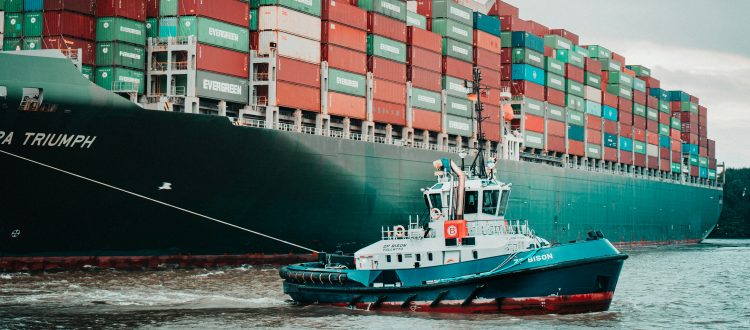The crucial role of due diligence in protecting against supplier risk
Large corporations, including manufacturers of luxury goods and automotive companies, operate within extensive third-party supplier networks. These networks often comprise hundreds of thousands of small businesses worldwide, contributing parts, software, and labour to the final product or service.
According to Moody’s Analytics, however, without a comprehensive and risk-based approach to due diligence, connections to businesses engaged in undesirable or illegal practices can go unnoticed, highlighting the importance of assessing and mitigating risk across vast supplier networks.
With legislation like the Uyghur Forced Labor Prevention Act and the German Supply Chain Act shaping global business practices, the need for effective supplier risk management has never been more critical. Moody’s Director – Industry Practice Lead – Financial Crime Compliance & Third-Party Risk DACH – BeNeLux – CEE, Enrico Aresu, emphasised the high stakes, noting, “Moody’s clients tell us that if they get supplier risk management wrong, it could threaten their entire future and the existence of their business.”
This area of risk management is pivotal for maintaining operational resilience, profitability, and preventing reputational damage stemming from negative media coverage of supply chain malpractices.
Achieving compliance and protecting a company’s operations and reputation requires a transparent, risk-based approach to due diligence. However, the fragmentation of data, technology, and processes poses significant challenges, particularly for global organizations with complex supply chains. A unified view of counterparty risk across the supplier profile is crucial for efficient and effective risk management.
Automated Know Your Business (KYB) processes are essential for verifying critical information about organizations worldwide. These processes enable companies to confidently make decisions about their partnerships and take proactive steps to mitigate risks, balancing global standards against local requirements. KYB solutions play a crucial role in identifying high-risk third parties, facilitating compliance, and preventing delays and breaches.
Recent reports have highlighted the challenges luxury car manufacturers face in complying with the Uyghur Forced Labor Act. With parts produced in China’s Xinjiang region potentially causing vehicles to be denied entry into the US market, the importance of conducting enhanced due diligence on suppliers in high-risk regions has become evident. Automated risk analysis can help uncover and address compliance issues before they lead to costly delays.
The complexity of corporate structures, particularly those designed to obscure connections with high-risk regions like Xinjiang, underscores the need for thorough due diligence. Access to relevant data and analytical tools is vital for identifying connections to high-risk or sanctioned organizations, enabling companies to effectively manage and mitigate supplier risk.
A risk-based approach to supplier due diligence is essential for organizations of all sizes, helping them navigate complex corporate structures and partnerships. By understanding and managing the unique risks they face, companies can establish policies, procedures, and controls that effectively mitigate these risks in compliance with laws, sanctions, and sustainability requirements. Balancing workforce, technology, and data enables companies to maintain a robust due diligence process, ensuring the integrity of their supply chains and safeguarding their operations and reputations.




